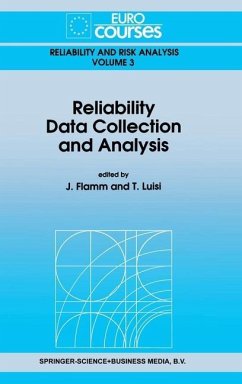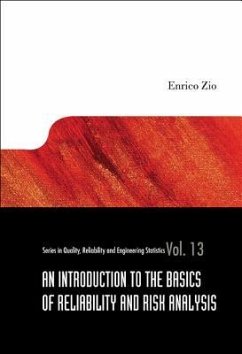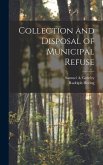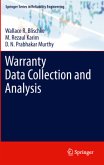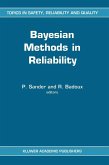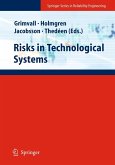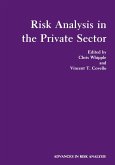The ever increasing public demand and the setting-up of national and international legislation on safety assessment of potentially dangerous plant require that a correspondingly increased effort be devoted by regulatory bodies and industrial organisations to collect reliability data in order to produce safety analyses. Reliability data are also needed to assess availability of plant and services and to improve quality of production processes, in particular, to meet the needs of plant operators and/or designers regarding maintenance planning, production availability, etc.
The need for an educational effort in the field of data acquisition and processing has been stressed within the framework of EuReDatA, an association of organisations operating reliability data banks.
This association aims to promote data exchange and pooling of data between organisations and to encourage the adoption of compatible standards and basic definitions for a consistent exchange of reliability data. Such basic definitions are considered to be essential in order to improve data quality.
To cover issues directly linked to the above areas ample space is devoted to the definition of failure events, common cause and human error data, feedback of operational and disturbance data, event data analysis, lifetime distributions, cumulative distribution functions, density functions, Bayesian inference methods, multivariate analysis, fuzzy sets and possibility theory, etc.
Improving the coherence of data entries in the widest possible distributed sense is paramount to the usefulness of such databanks for safety analysts, operators, legislators as much as designers and it is hoped that in this context the present collection of state-of-the-art presentations can stimulate further refinements in the many areas of application.
The need for an educational effort in the field of data acquisition and processing has been stressed within the framework of EuReDatA, an association of organisations operating reliability data banks.
This association aims to promote data exchange and pooling of data between organisations and to encourage the adoption of compatible standards and basic definitions for a consistent exchange of reliability data. Such basic definitions are considered to be essential in order to improve data quality.
To cover issues directly linked to the above areas ample space is devoted to the definition of failure events, common cause and human error data, feedback of operational and disturbance data, event data analysis, lifetime distributions, cumulative distribution functions, density functions, Bayesian inference methods, multivariate analysis, fuzzy sets and possibility theory, etc.
Improving the coherence of data entries in the widest possible distributed sense is paramount to the usefulness of such databanks for safety analysts, operators, legislators as much as designers and it is hoped that in this context the present collection of state-of-the-art presentations can stimulate further refinements in the many areas of application.

